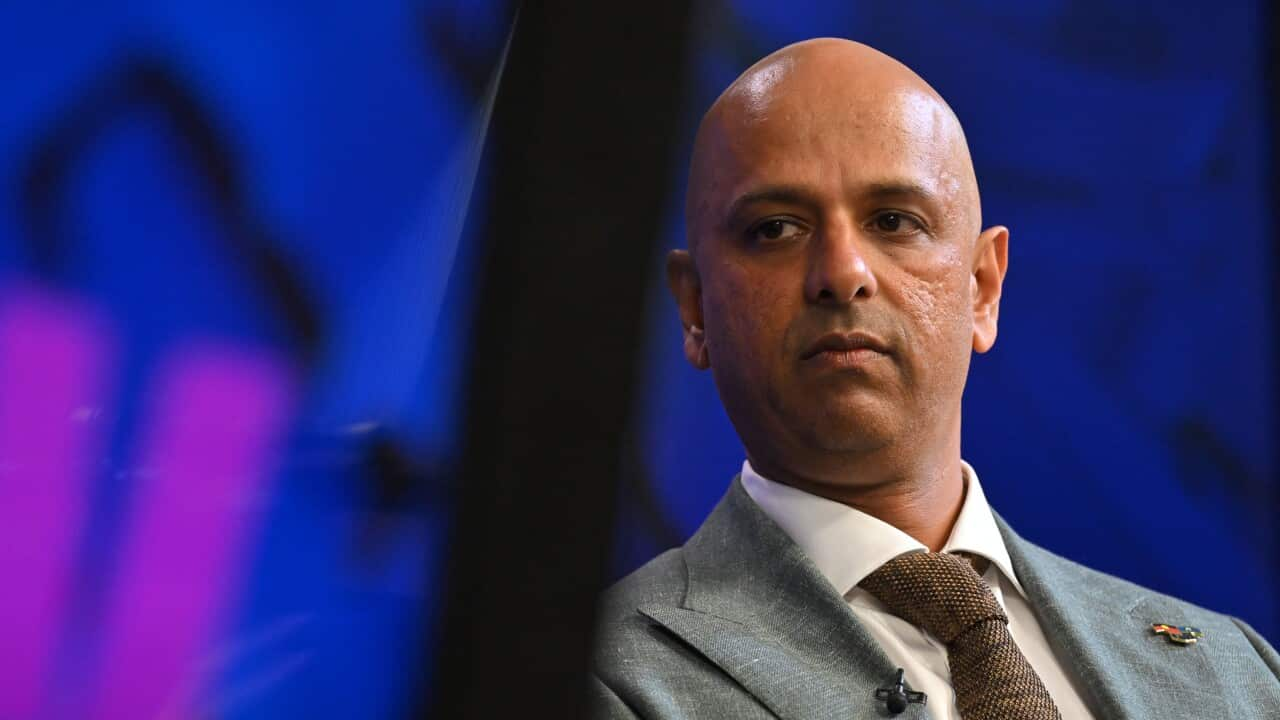More Australians are facing antisemitism, anti-Arab racism, anti-Palestinian racism, and Islamophobic hate, as the race discrimination commissioner says, "some government approaches pit communities against each other".
Giridharan Sivaraman and his team at the Australian Human Rights Commission (AHRC) have found communities in Australia have felt "dehumanised" amid conflict in the Middle East.
In an address to the National Press Club on Wednesday afternoon, Sivaraman urged the government to act on several recommendations to combat racism.
"Each experience of racism is unique to the victim, but the fact remains more people are being harmed in these ways than before," Sivaraman said in his speech.
'Equating' racism
Sivaraman described the world as going through "febrile times".
"The war in Gaza has triggered a terrifying surge of antisemitism, anti-Arab racism, anti-Palestinian racism, and Islamophobic hate," he said.
"Mentioning those different forms of racism doesn't mean equating them. Mentioning one doesn't invalidate another."
Israel has bombarded Gaza since Hamas' October 7 attack in 2023, in which more than 1,200 people, including an estimated 30 children, were killed and over 200 hostages taken, according to the Israeli government. More than 60,430 people have been killed in Gaza since October 7, according to the health ministry in Gaza.
The AHRC has been undertaking consultations with members of the Jewish, Palestinian, Arab and Muslim Australian communities as part of its Seen and Heard project.
The federally-funded initiative has found these communities feel dehumanised and "stripped of their humanity", when suffering is not recognised at home or overseas.
"When the massacre of Jews and Israelis by Hamas on October 7 is not acknowledged, it dehumanises them — and, by extension, Jewish and Israeli Australians," he said.
"When the devastation caused by Israel in Gaza — the deaths of 18,000 children, mass starvation, the destruction of homes — is ignored, it dehumanises Palestinians, and by extension, the Palestinian, Arab, and Muslim Australians who identify with them."
Israel has consistently rejected allegations it has fuelled a hunger crisis in Gaza, instead accusing Hamas of deliberately creating a humanitarian crisis in the Palestinian territory.
Recommendations for the government
Sivaraman said he believes "some government approaches pit communities against each other rather than fostering shared solutions".
He flagged the AHRC's National Anti-Racism Framework, which was released in November and contains 63 recommendations, which he said "comes at a crucial moment".
It calls for several major legal and policy changes, such as the introduction of a national framework with 10-year commitments that include acknowledgement of the "systemic and structural nature of racism" and "historical and ongoing impacts of settler colonisation on First Nations peoples".
Nine months since its release, the AHRC is still waiting for a commitment from the federal and state governments.
Bilal Rauf, a senior adviser to the Australian National Imams Council, said it's heartless and unrealistic to expect Australian communities not to feel affected by overseas conflict.
"I think a framework that's been put forward, and the key points that have been made are well-founded, and it's something that I agree with," he told SBS News.
Efforts to combat racism must be 'First Nations-centred'
"There can be no racial justice in Australia without justice for Aboriginal and Torres Strait Islander peoples. That's why the National Anti-Racism Framework, and all efforts to combat racism in Australia, must be First Nations-centred," Sivaraman said.
"We cannot fix a problem without addressing its root cause. And every manifestation of racism in this country stems from the original violence against First Peoples."
Sivaraman said it is vital to look to the past to inform future decision-making.
"We cannot achieve true progress without acknowledging the realities of colonisation — from massacres to land theft.
"Sometimes, we've got to have difficult conversations. Hear uncomfortable truths. But doing so isn't a means to divide us. It is a powerful act of unity."
Correction: An earlier version of this story stated the framework would also include an agreed-upon national definition of racism for Indigenous people, however this is not the case.
For the latest from SBS News, download our app and subscribe to our newsletter.

